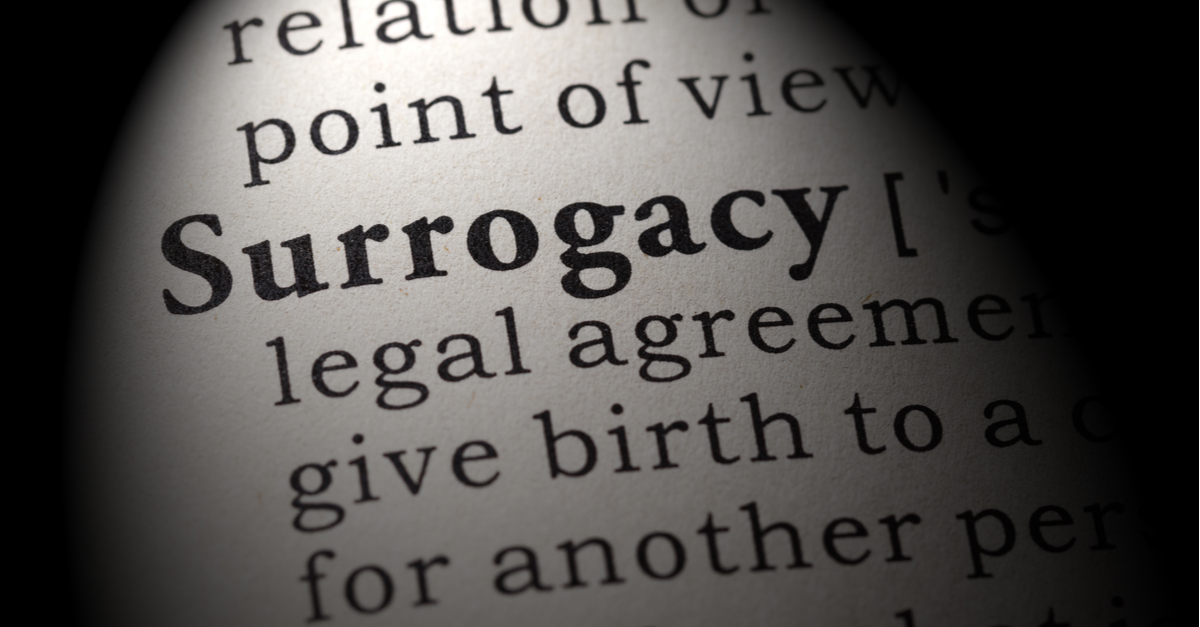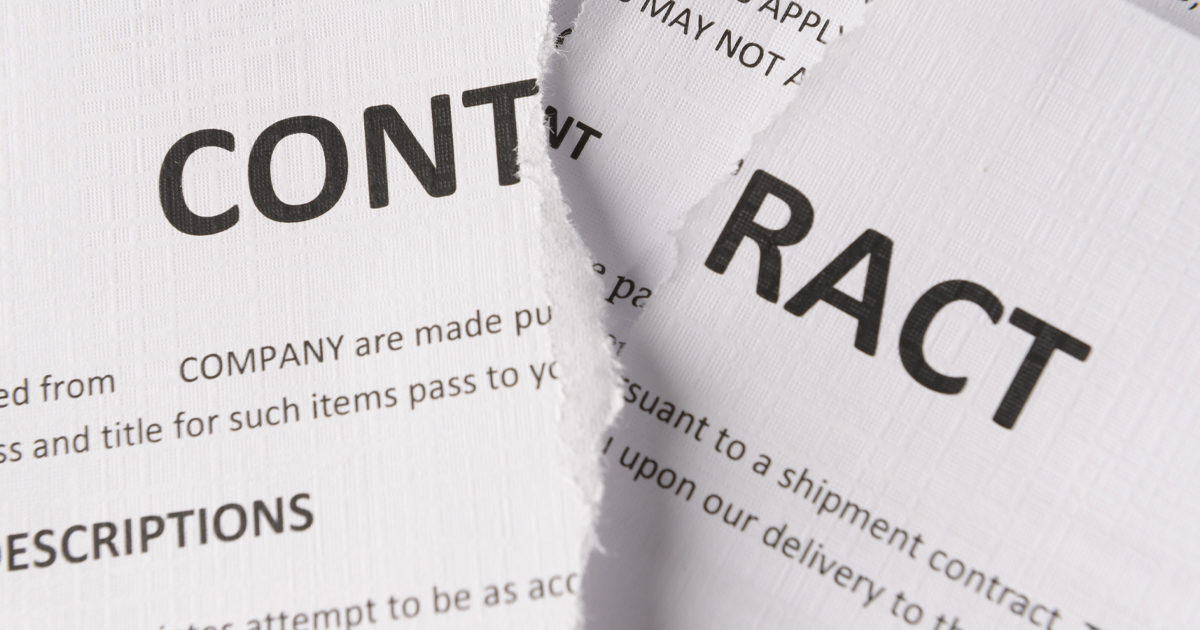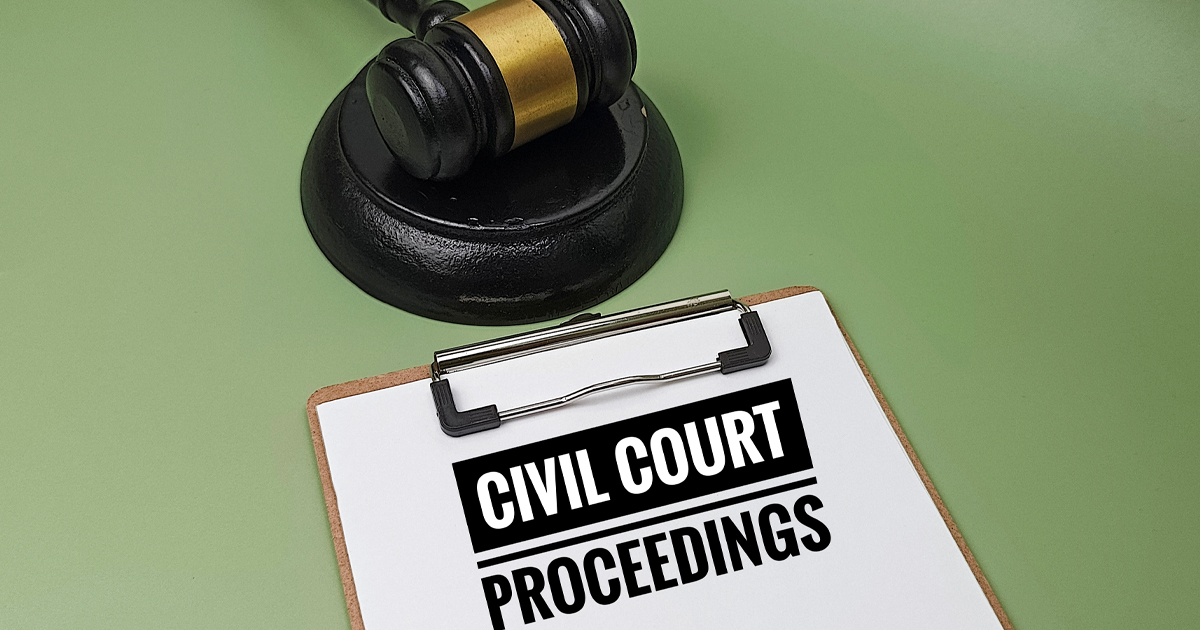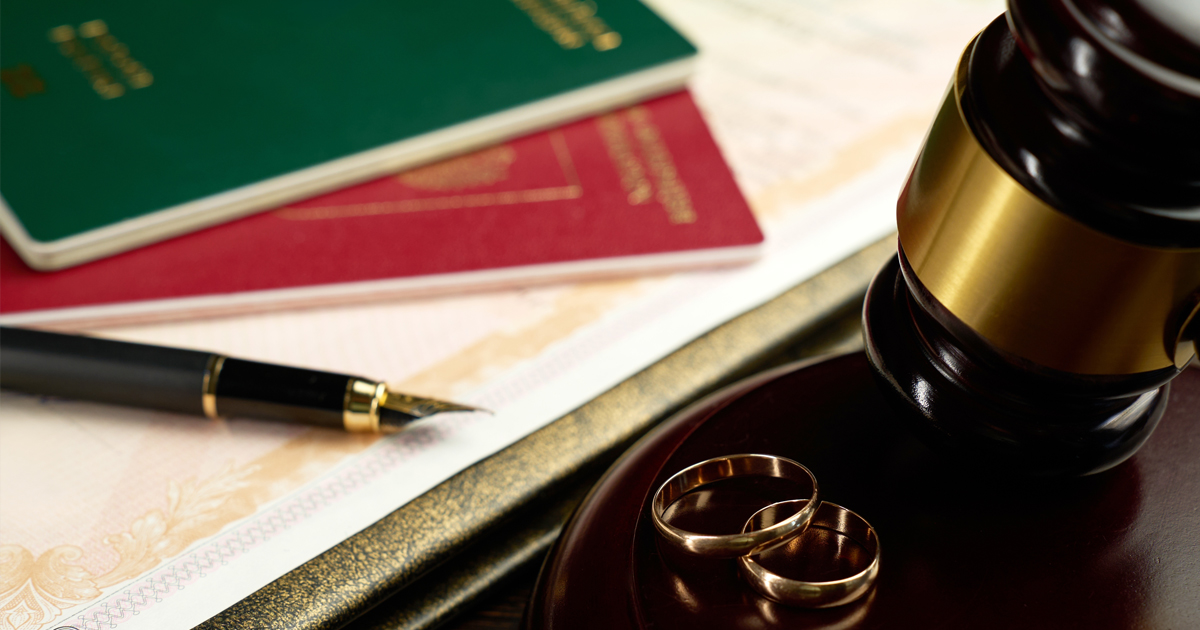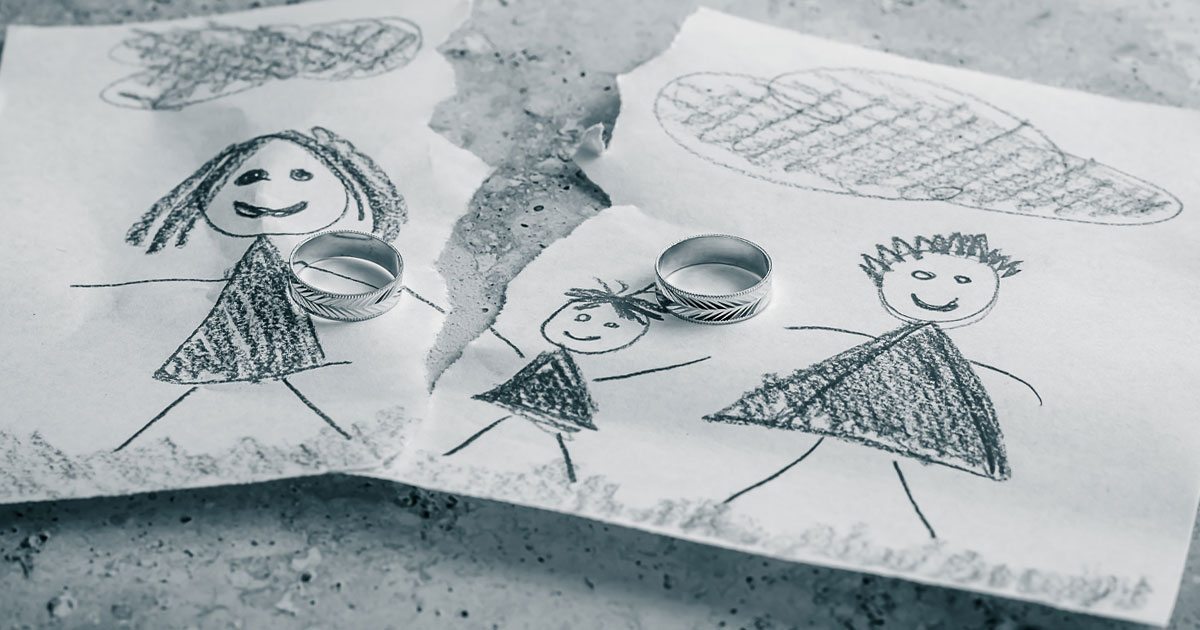The issue of surrogacy has been in the limelight as a result of a recent landmark High Court decision where a Singaporean gay man was legally allowed to adopt his biological child who was born through a surrogate mother in the US. In this article, we will be sharing with you some of the frequently asked questions surrounding surrogacy.
What is Surrogacy?
According to Clause 5.48 of the Licensing Terms and Conditions on Assisted Reproduction Services, surrogacy is where a woman is artificially impregnated, whether for monetary consideration or not, with the intention that the child is to be given and adopted by some other person or couple.
There are two types of surrogacy: –
- Altruistic – Surrogate mother receives no payment and only reimbursement for pregnancy-related expenses.
- Commercial – Surrogate mother is paid a fee, beyond reimbursement for her pregnancy-related expenses, to carry and give birth to the child.
Is surrogacy available in Singapore?
No
Does this mean surrogacy is illegal in Singapore
No
There is no legislation passed by Parliament governing surrogacy. This also mean that there is no settled position for or against surrogacy in Singapore. Instead, surrogacy is regulated by the Ministry of Health.
The Ministry of Health provisions prohibit Assisted Reproduction Centres from providing surrogacy services. These centres face suspension or revocation of their operating licences if they violate these regulations.
What is so problematic about surrogacy?
Should surrogacy be allowed, a few issues will arise: –
- Who will be the mother of the child?
- The woman who contributed the egg cell;
- The woman who carried the child in her womb; or
- The woman who will care for the child when the child is born?
- Are children meant to be products to be bought and sold?
- This is pertinent in commercial surrogacy where one is effectively paying a woman to carry a child for him/her.
- The sanctity of human life would be devalued.
- The dehumanising of women.
- A woman’s womb will be a commodity and akin to a rental service.
- This is comparable to prostitution and slavery that undisputedly do raise ethical issues.
- Children are placed in a vulnerable position.
- What happens if the surrogate mother decides to keep the child?
- What happens if the parents who initially hired the surrogate mother change their mind and decide not to keep the child after he/she is born?
- Potential exploitation of birth mother.
- There is a risk of poor and uneducated women succumbing to be surrogate mothers for the purposes of monetary benefit.
- The thought of the lack of any protection regime for this particular group of women given the risks of pregnancy is certainly disturbing.
As seen, the issue of surrogacy does pose many unanswered questions and issues.
How can an individual in a same gender relationship be the legal parent of a child born through a surrogate mother in Singapore?
- One can consider adoption. A grant of an adoption order will result in the child’s birth certificate reflecting the individual’s name who had provided his/her reproductive cell leading to a successful creation of the embryo. For more information about the adoption process in Singapore, please do not hesitate to contact our Family Lawyers.
- As mentioned in the beginning of our article, a recent High Court case in Singapore had granted an adoption order to a Singaporean gay man who had a child through a surrogate mother in the US. However, the Court has stated in its judgment that the decision is not an endorsement of the parties’ conduct in seeking surrogacy overseas.
